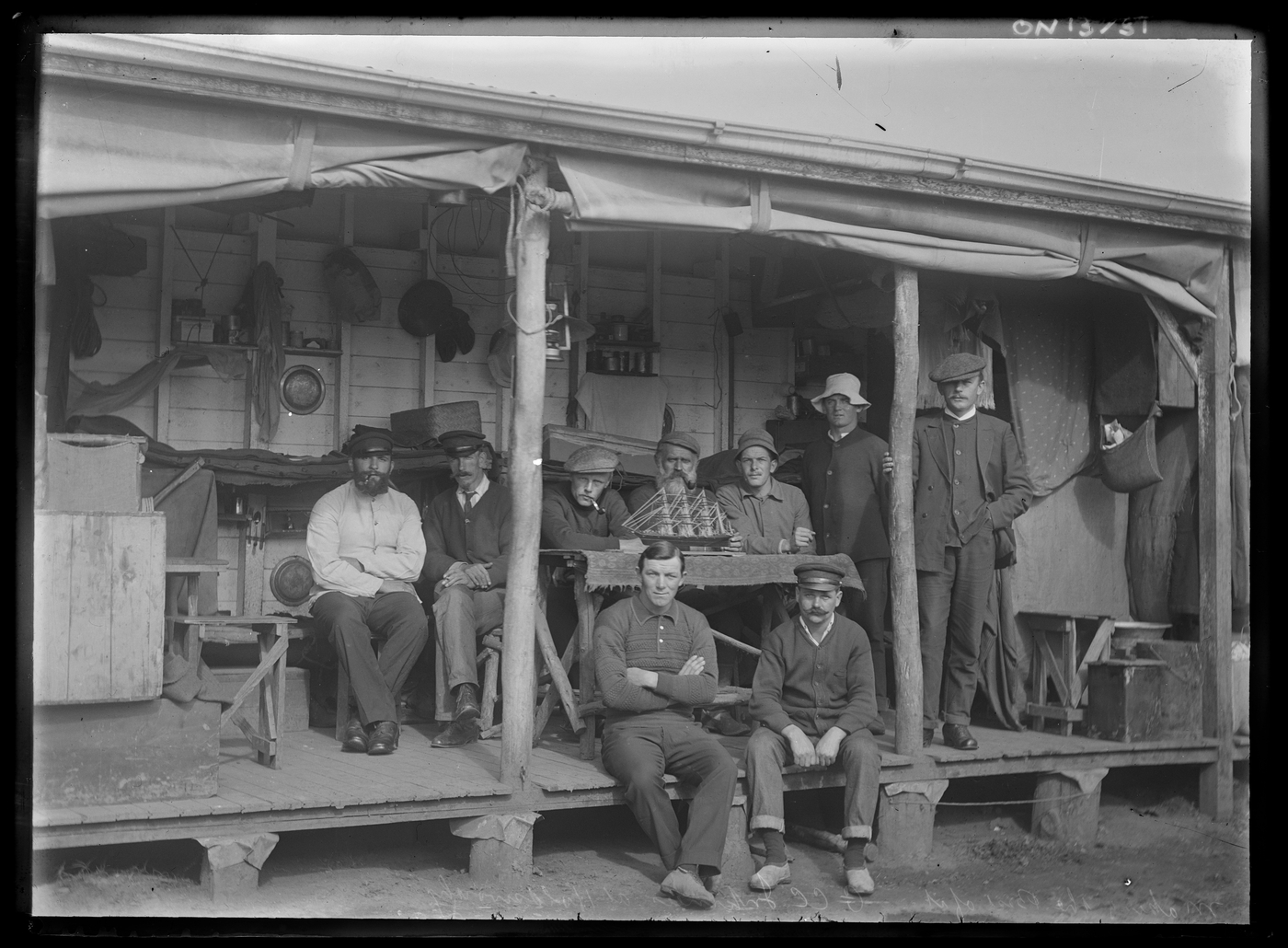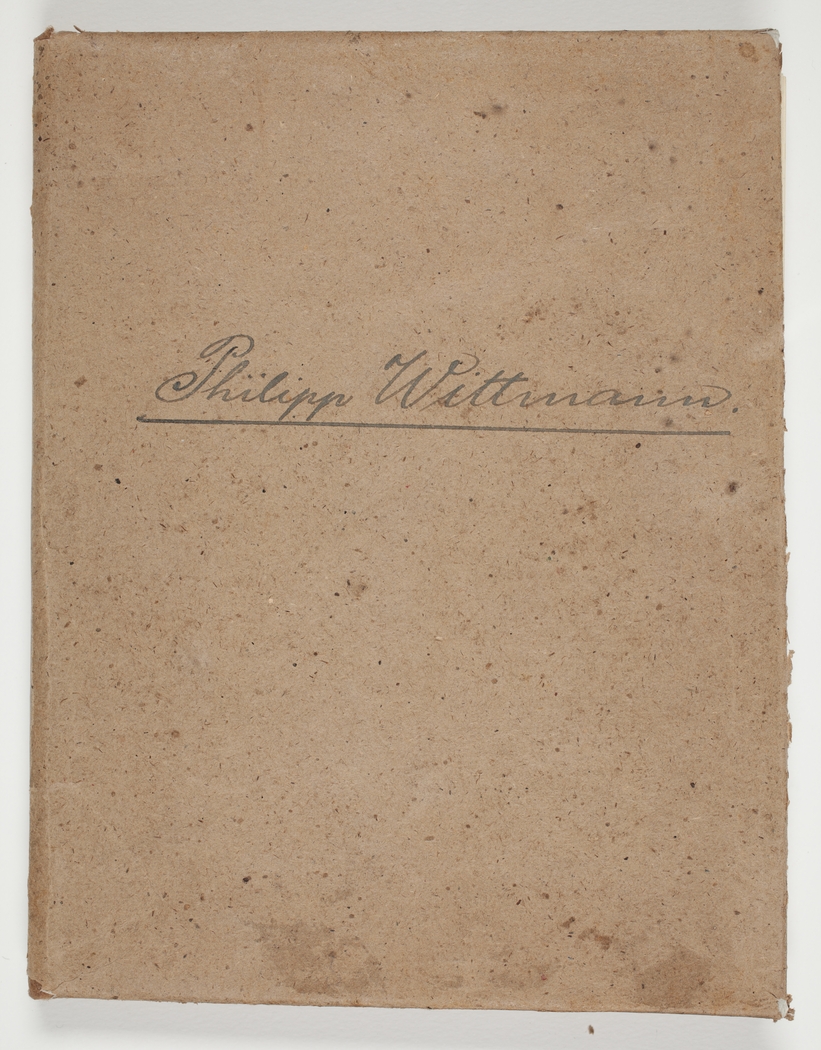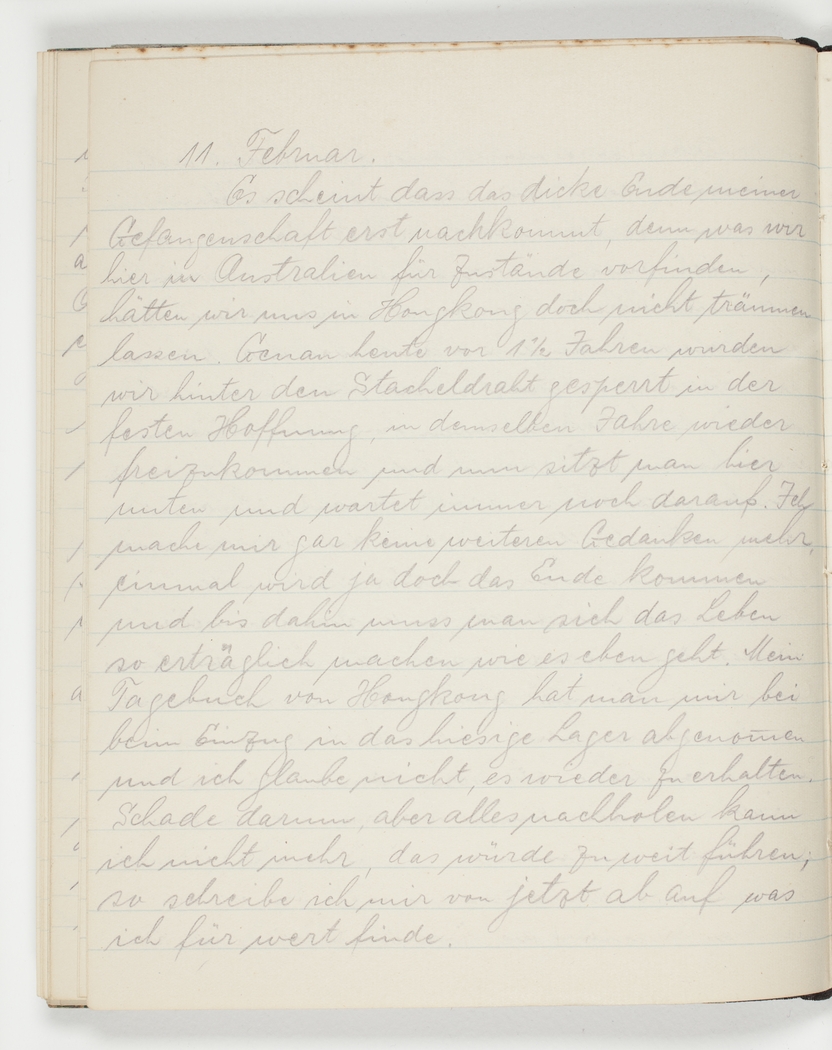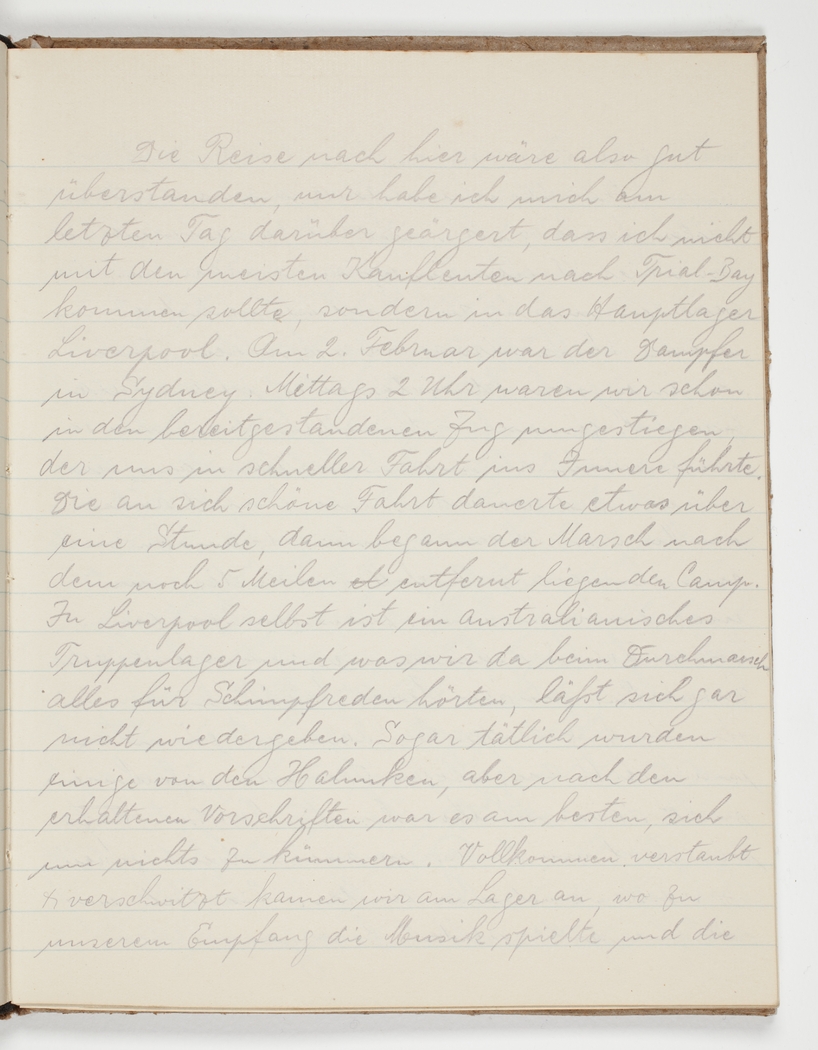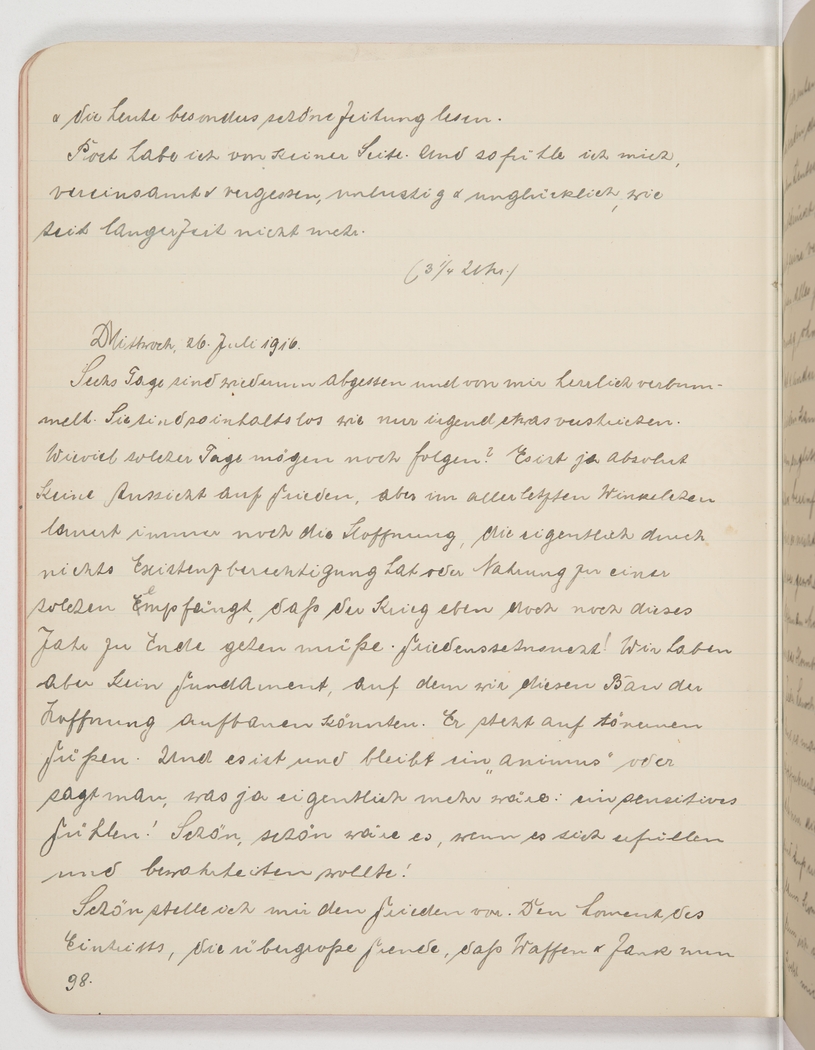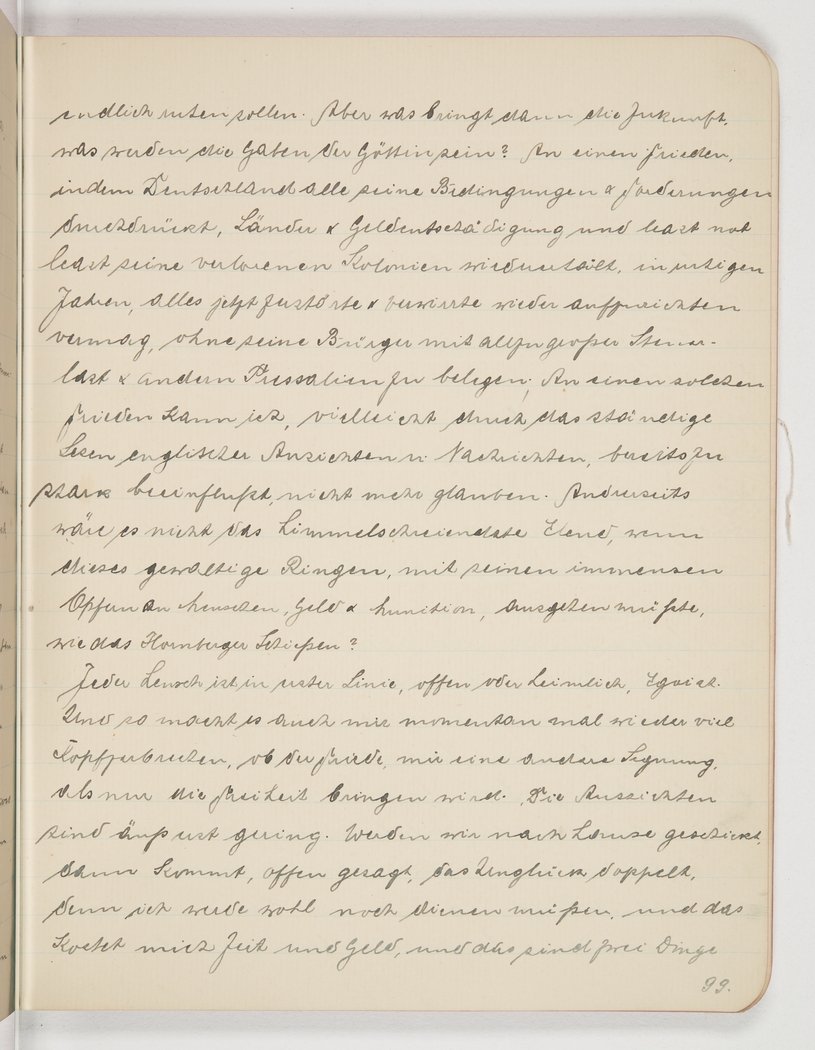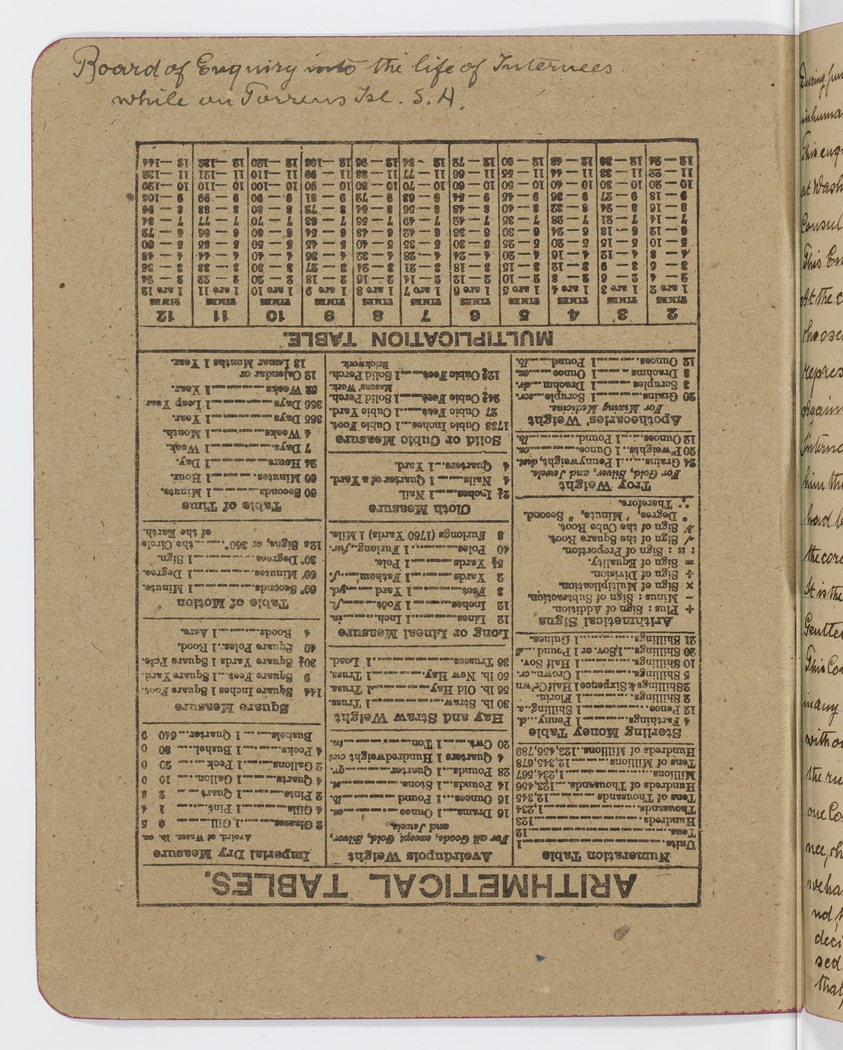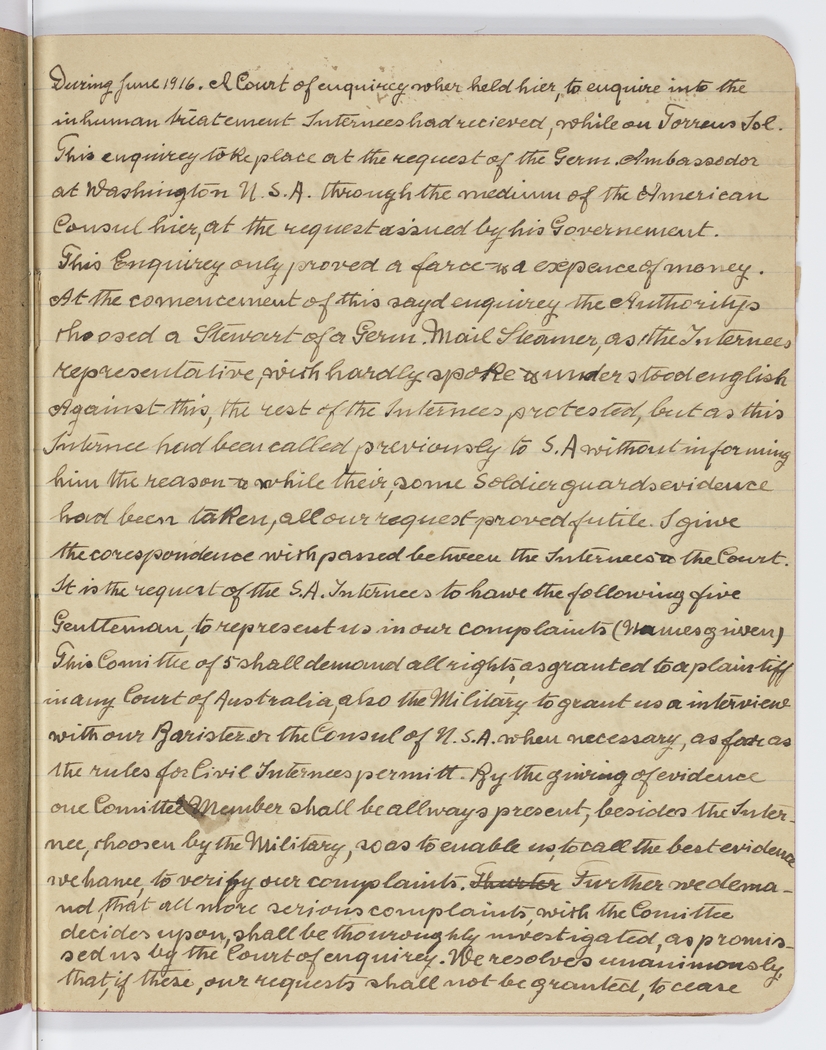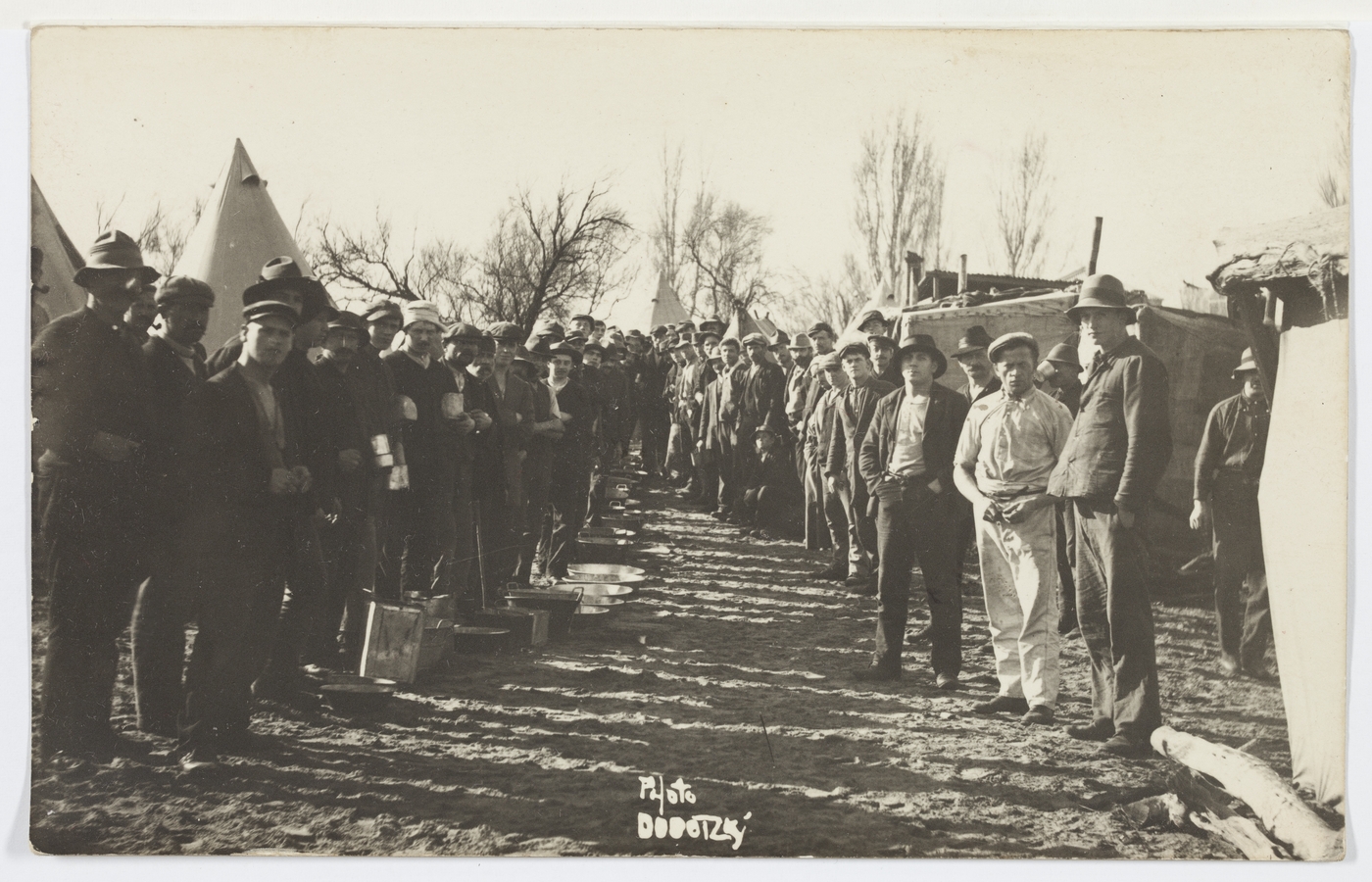German Concentration Camp internees at Holsworthy, 1916
{"type":"image","clickUrl":"https:\/\/prod.corp.slnsw.skpr.live\/collection-items\/german-concentration-camp-internees-holsworthy","thumbnail":"https:\/\/prod.corp.slnsw.skpr.live\/sites\/default\/files\/styles\/thumbnail\/public\/making_the_best_of_it_a9573031h.jpg?itok=p4Z6Qisk","thumbnailLarge":"https:\/\/prod.corp.slnsw.skpr.live\/sites\/default\/files\/styles\/large\/public\/making_the_best_of_it_a9573031h.jpg?itok=cioMWwf9","mediaDerivativeUrls":{"thumbnail":"https:\/\/prod.corp.slnsw.skpr.live\/sites\/default\/files\/styles\/thumbnail\/public\/making_the_best_of_it_a9573031h.jpg?itok=p4Z6Qisk","large":"https:\/\/prod.corp.slnsw.skpr.live\/sites\/default\/files\/styles\/large\/public\/making_the_best_of_it_a9573031h.jpg?itok=cioMWwf9","responsive__quarter_hd":"https:\/\/prod.corp.slnsw.skpr.live\/sites\/default\/files\/styles\/responsive__quarter_hd\/public\/making_the_best_of_it_a9573031h.jpg?itok=UXvcDZ9D","responsive__half_hd":"https:\/\/prod.corp.slnsw.skpr.live\/sites\/default\/files\/styles\/responsive__half_hd\/public\/making_the_best_of_it_a9573031h.jpg?itok=afijEAds","responsive__full_hd":"https:\/\/prod.corp.slnsw.skpr.live\/sites\/default\/files\/styles\/responsive__full_hd\/public\/making_the_best_of_it_a9573031h.jpg?itok=ZzlIXzON"},"mediaUrl":"https:\/\/prod.corp.slnsw.skpr.live\/sites\/default\/files\/making_the_best_of_it_a9573031h.jpg","mediaMime":"image\/jpeg","transcriptUrl":null,"width":1400,"height":1030}
View collection item detail The Library’s collection of papers of ‘enemy aliens’ interned in Australia during WW1 contains around 40 handwritten diaries written by internees. These diaries form the heart of the collection, which also contains the internees’ newspapers, theatre and sporting programs, petitions and letters of complaint, and glass plate negatives of the Holsworthy camp.
During the First World War nearly 7000 ‘enemy aliens’, mainly of German and Austro-Hungarian origin, were interned in camps in Australia. Camps, referred to at the time as 'concentration camps', were established at Torrens Island, South Australia, Rottnest Island in Western Australia, Enoggera in Queensland, Langwarrin in Victoria, Bruny Island in Tasmania and in NSW; Trial Bay, Berrima and Holsworthy (as well as a smaller camp in Bourke). The ‘concentration camp’ at Holsworthy, near Liverpool, New South Wales, was the largest and housed internees of various nationalities including German, Croatian and Australian.
The diaries, confiscated from internees by guards as they left the camps and then sold on to the Library in 1919 and 1920, are a window into the personal experience of internment during WW1 in Australia. They are written by internees of diverse backgrounds – German citizens who were ship employees or living in the Pacific at the outbreak of WW1, Croatian nationals who were working in the mines of Western Australian, and Australian citizens with German heritage.
German Concentration Camp internees at Holsworthy, 1916
View collection item detail Philipp Wittmann
Philipp Wittmann was 22 years old when the ship he was working on, the German shipping freighter SS Princess Alice arrived in Manila on 5 August 1914 and was subsequently interned – war between Britain and Germany having broken out only the day before. He was sent to Hong Kong where he was interrogated and then placed in an English-run internment camp on Stonecutters Island (he was later moved to Hung Hom). Wittmann started his diary in January 1915, recounting his experiences of internment by the British thus-far.
Next morning the interrogation indeed took place and how badly it ended is clear from the fact that we were detained as prisoners of war. Thus I had no chance to do anything for my fatherland and instead have to sit out the war here in Hong Kong. If only I could have stayed in Manila and done some work for myself! I tried hard in those first few days to effect my release, even showed the wound on my arm, but to no avail…(Philipp Wittman, January 1915)

Philipp Wittmann, from Album of identification photographs of enemy aliens (civilian and prisoner of war) interned at Liverpool Camp, NSW during World War I. Image courtesy National Archives.
Wittman’s diary details his experience in Hong Kong – the heat, bamboo huts and threat of typhoons, the hazing rituals performed when new prisoners arrived at the camp, and evening shows put on by the ‘Hung Hom Artistic Circle’. Wittman attempted to keep up with the developments of the war, commenting on the fall of the German port Tsingtao to the Japanese, Turkey siding with Germany, and the destruction of the ‘courageous’ raider ship Emden, which was sunk in 1914 by the newly-formed Australian Navy. He also writes about his correspondence with his sweetheart Herta, who he had special permission to write to in German – though many of her letters to him arrived empty or destroyed. Wittmann writes in detail about how the camp was run, details of escape attempts, changes in rationing and the behaviour of the guards.
In January 1916 the Hong Kong camp was shut down and its internees, including Wittman, were shipped to Sydney to join the camp in Holsworthy.
We mastered the trip alright, but I was unhappy to hear on the last day of it that I was not going to Trial Bay along with most of the merchants, but would be put into the main camp in Liverpool. On 2 February the steamship arrived in Sydney. By 2pm we had boarded the train that was already waiting and which brought us quickly inland. The ride lasted a bit more than an hour and was quite nice, but then we had to embark on a 5-mile march to the camp. Liverpool itself hosts an Australian army camp and what we overheard while marching past were diatribes best not repeated. Some of the scoundrels even resorted to physical abuse, but having been briefed quite unequivocally we knew better than getting involved. Sodden with sweat and caked with dust we arrived in our camp, where the band serenaded us and numerous inmates cheered us. Upon inspecting my countrymen a bit closer, however, my spirits rather evaporated, because here you will find incarcerated anybody and anything that the Australians have ever laid hands on, and since the merchants were sent to Trial Bay and the naval officers and engineers to Berrima, the people are pretty ragtag…(Philipp Wittman, 11 February 1916.)
Writing his diary, Wittmann was able to see the bright side of things even when the situation was less than ideal. I immediately resolved to try and get away as fast as possible, he writes, but meanwhile I’m looking at it a bit differently. He gets involved in as many activities as possible: Here we have a real theatre, and in a few days also a cinema, sportsgrounds, etc etc. We have an excellent little orchestra and regular concerts, wrestling and boxing matches, and inevitably also a gymnastic club and a choral society, and two bowling alleys. There are cafeterias with all sorts of beverages and baked goods, but there is no booze to be had, which is just as well because it would lead to murder and battery. Wittman enjoyed playing bridge, and intended to take the Spanish and English classes on offer. He wrote of his dream of returning home to marry Herta, but stoicly bolsters his spirit through his diary entries, advising himself that there’s no use complaining and to make the best of his situation. Wittman’s diary, which was purchased by the Library in 1920, ends on 25 April 1916.
Philipp Wittmann papers, January 1915-19 May 1919
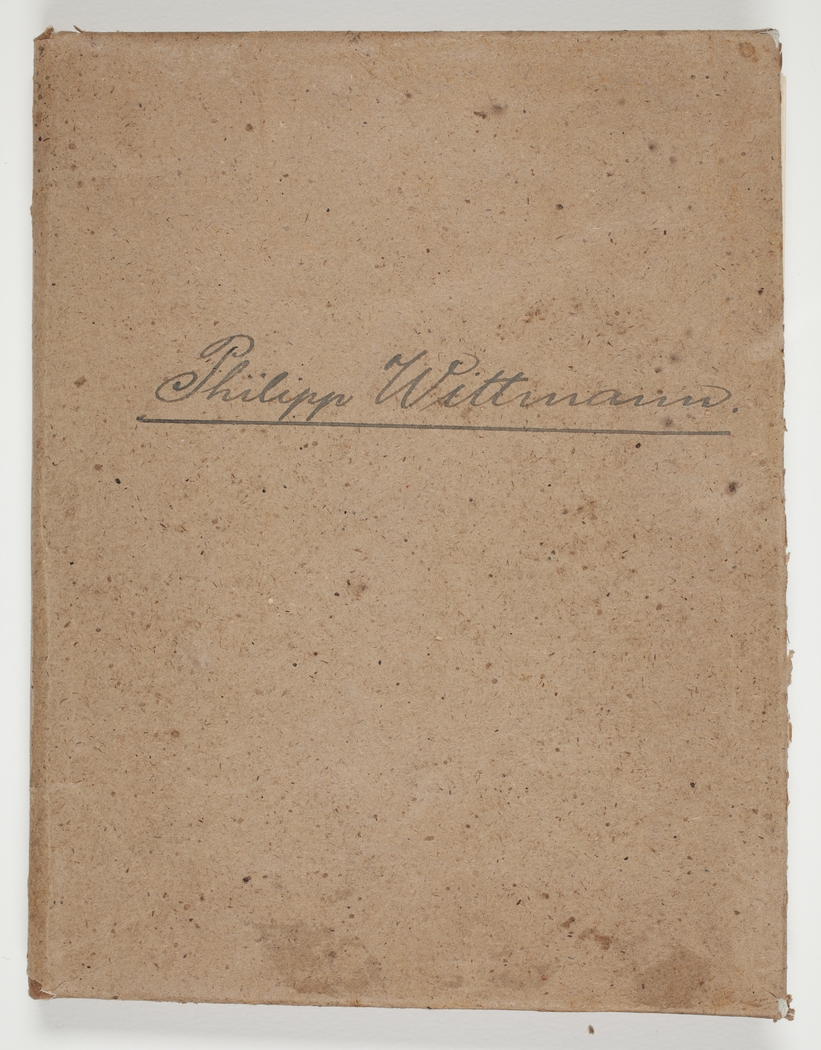
Digital ID:
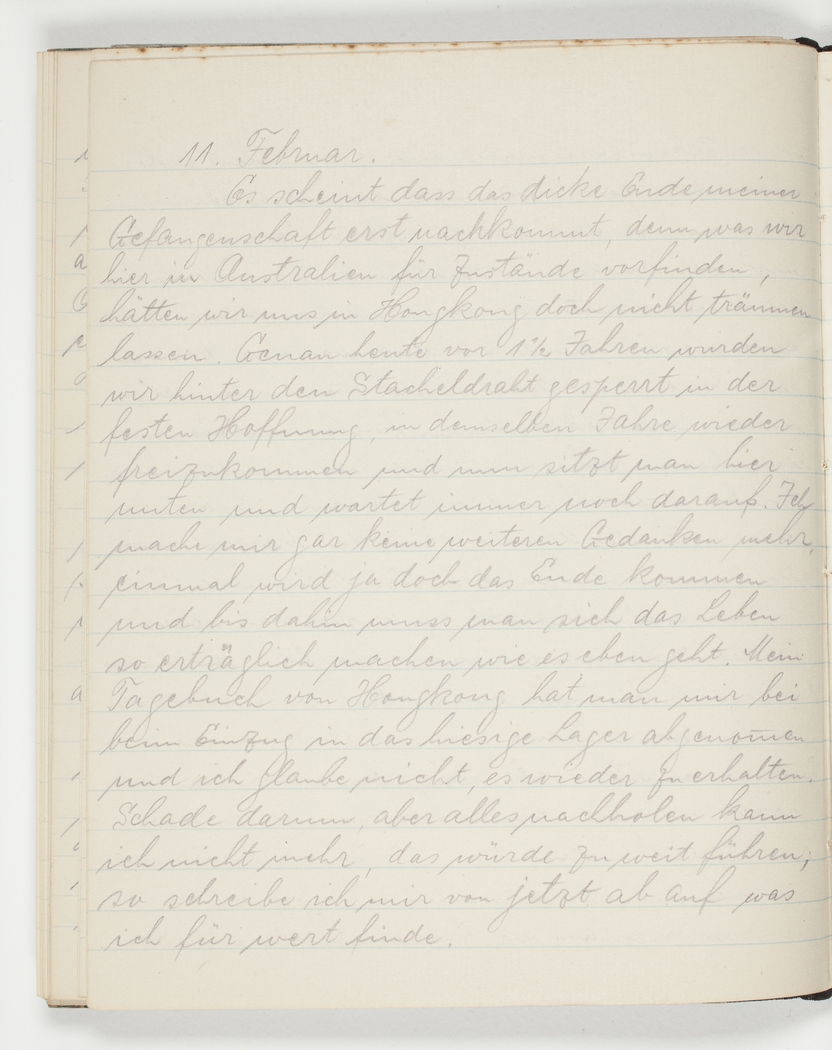
Digital ID:
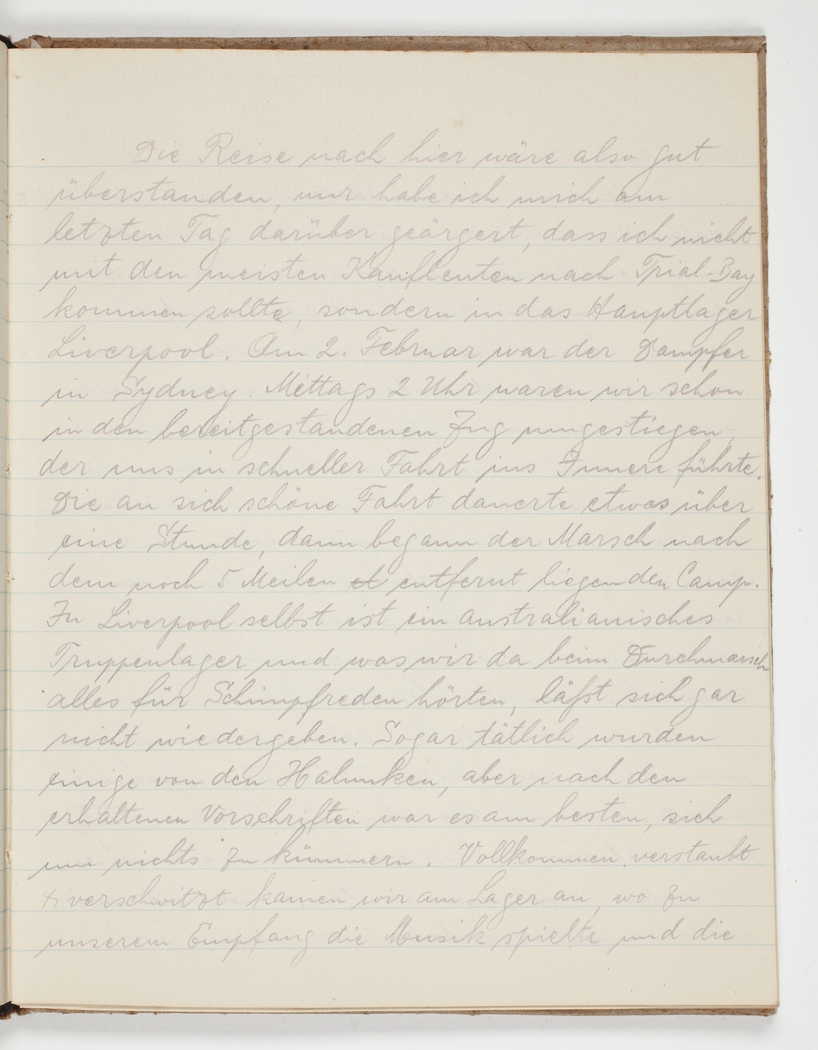
Digital ID:
Otto Wortmann
The diaries of Otto Wortmann, of which there are eight in the Library’s collections, offer a window in to the experience of Germans living in Papua New Guinea (then a German Protectorate) at the outbreak of WWI. Wortmann was living in Herbertshöhe and working as a plantation manager when the Australian Naval and Military Expeditionary Force, (a small volunteer force of approximately 2,000 men, raised in Australia shortly after the outbreak of the First World War) arrived on 11 September. This force was Australia’s first to engage in fighting on Australia’s own account. Wortmann’s detailed diary explains the events from his perspective, including Australia’s destruction of the German wireless stations in New Guinea, the primary aim of their landing there, as well as the taking of German New Guinea as British territory.

Otto Wortmann, from Album of identification photographs of enemy aliens (civilian and prisoner of war) interned at Liverpool Camp, NSW during World War I. Image courtesy National Archives.
Wortmann initially swore an oath of neutrality, promising to obey wartime orders, in an attempt to prevent being interned in an Australian prisoner-of-war camp. Initially all Germans were required to report daily to their local district police station – even if the station was hours away by horse. On 23 July 1915, troops were sent out to all the plantations in the Herbertshöhe district, requesting all German planters and officials to report to Herbertshöhe. Once there, all Germans were sent to a large private residence which had recently been seized, and it was then surrounded by barbed wire fence. All of their houses and plantations were searched and they were stripped of their valuable possessions. Wortmann described the crowded conditions in the makeshift camp:
Thus camp life meant more or less sitting outside for the better part of the day and be a spectacle for the passers-by. What else could we do? There was no room for sports; going for a walk meant dodging people, table corners, tent poles and untold other hurdles, so a walk was tiresome and very short and only earned you a lot of disgruntled enemies… and so it went by, day after day. We had never been told if they intended to keep us interned for the rest of the war, or if we would be released again. (Otto Wortmann, October 1917)
On the 10th of August, the 23 men in the camp were escorted to their houses to pack for a colder climate, finding most of their belongings missing or in messily strewn around. The next day, they were marched on to the Burns-Philp steamship ‘Morinda’, which shipped back and forth from Australia and New Guinea. They arrived in Sydney on August 24 and were taken to the Holsworthy camp at Liverpool. He was later transferred to Trial Bay camp, which was for merchant men and those of the upper classes.
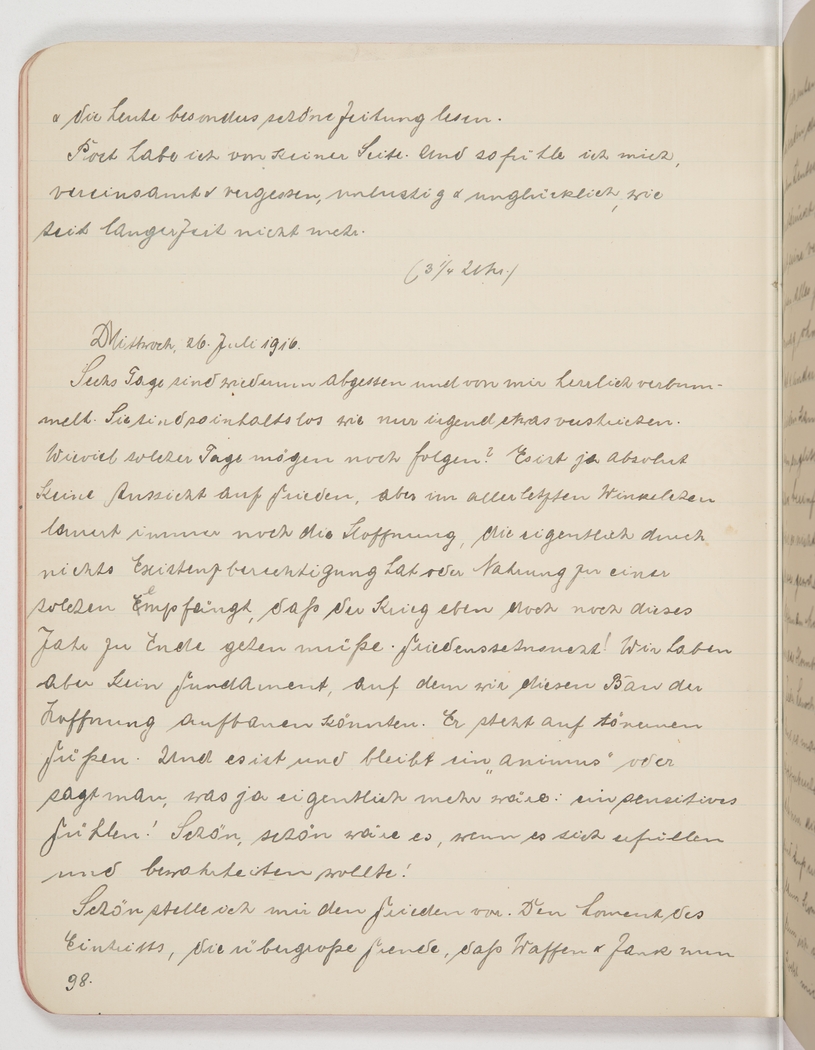
Digital ID:
FL4453409
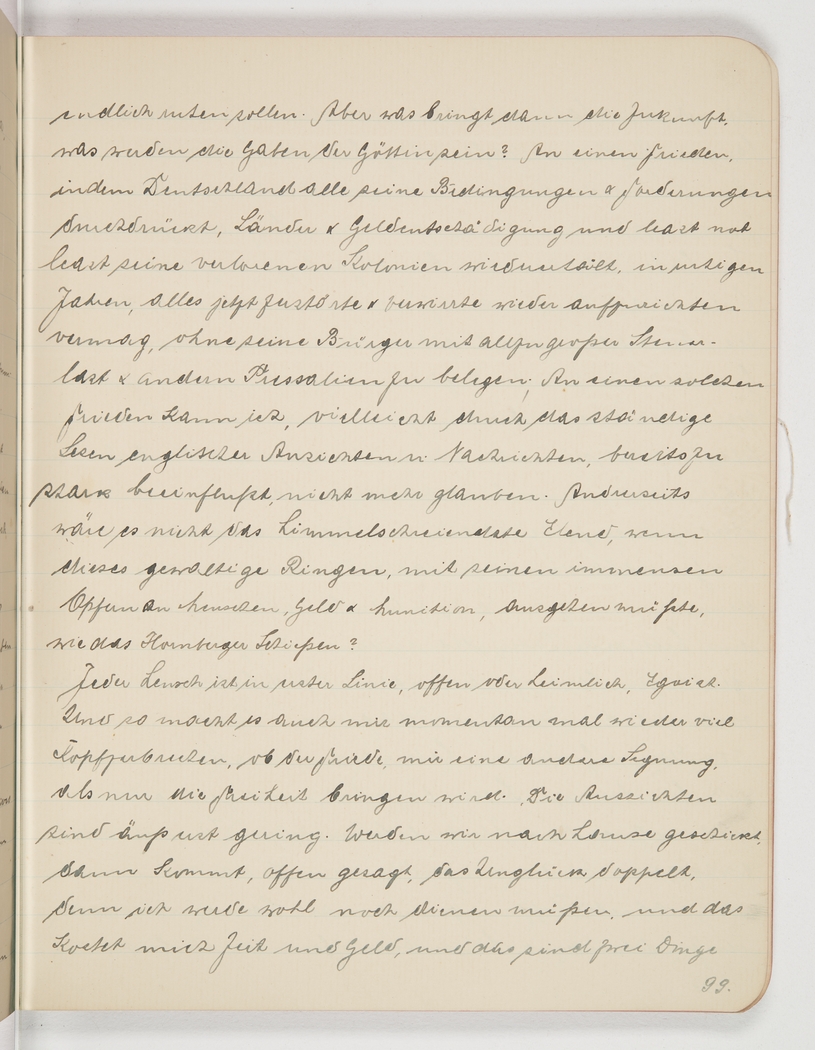
Digital ID:
Unlike Wittmann, Wortmann had plenty of complaints about his captivity at Trial Bay, an internment camp created by the converting an old prison block. Internees at Trial Bay were allowed to swim in the adjacent beach, something that Wortmann enjoyed, alongside walking, playing cards and reading.
Oh misery, oh unfairness, what a dog’s life! I’m so unnerved, so cranky and restless, I want to smash everything to smithereens, throw everything upside down; for crying out loud, I don’t know what I want! No money, no mail, nothing to do, yet plenty of need for it all! And to top it all, it is raining, and raining; it has been pouring down non-stop since 5 o’clock this morning, so you can’t put a foot outside, and have to wrap yourself in your coat just to go to the loo; and it’s cold, unbearably damp, and the wind is howling through the window bars, and 500 frustrated and sweaty men are confined to the interior of this damned prison block… (Otto Wortmann, 28 March 1916)
Oh boredom! My god, how boring can it get in this world! I have now reached a point where I start writing in the middle of the afternoon. But I’m too unmotivated and brain-dead to study or do anything else! I wish I could just sleep through til the end of the war… (Otto Wortmann, 10 April 1916)
On the odd occasion, Wortmann was a little more optimistic about his situation:
Despite the whining and the uncertainty, we still find reason to laugh, and I manage, at least for half a day at a time, to accept my fate with a sense of humour, bolstered by the motto: Human life is like Angostura—bitter, but not bad, really. (Otto Wortmann, 5 June 1916).
In July 1918, Trial Bay camp was shut down due to rumours that its coastal position made it possible for the internees to communicate with passing German raiders. Wortmann and his fellow Trial Bay internees were transferred to Holsworthy camp with only 24 hours’ notice. Many internees took the opportunity during this 24-hour period to burn down the huts that they had recently completed building, in frustration that they had to leave them behind. Wortmann’s diaries conclude on the 25 August 1918.
Frank Bungardy
Frank Bungardy had been in Australia for at least 10 years at the outbreak of WWI. Born in Germany, he had left home at 14 to pursue life as a sailor. Stopping off in the United States, he became entranced by the world of boxing, before continuing on to Australia. He married an Australian, Ida Klopp, and they had two daughters, Delores and Muriel. After working as a painter and in the iron smelters, Bungardy became a miner at Broken Hill. He was arrested on 4 January 1915 as an ‘enemy alien’ and sent to Torrens Island internment camp in South Australia. At Torrens Island, under the command of Captain GE Hawkes, internees reported physical abuse and ill-treatment — being flogged, shot at and bayoneted by the guards — as well as unsanitary conditions. After their complaints were finally heard, the Department of Defence held a court of inquiry. Hawkes was subsequently removed, the camp closed and internees transferred to Holsworthy.

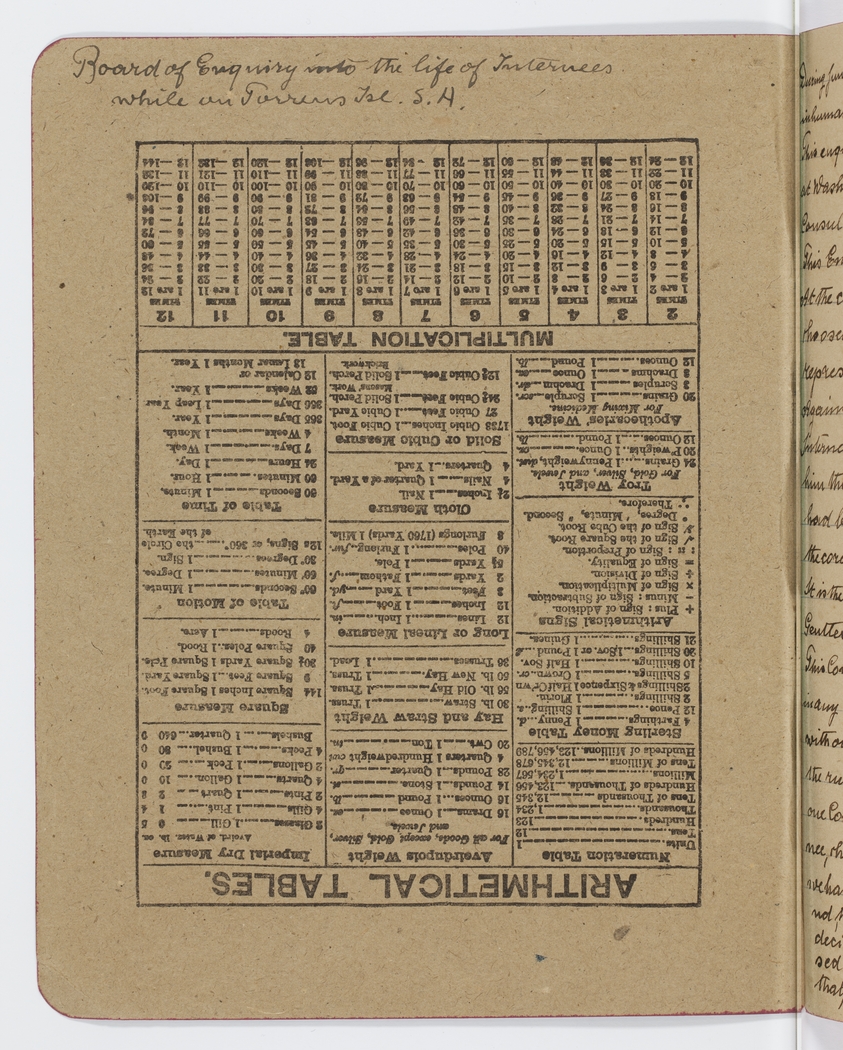
Digital ID:
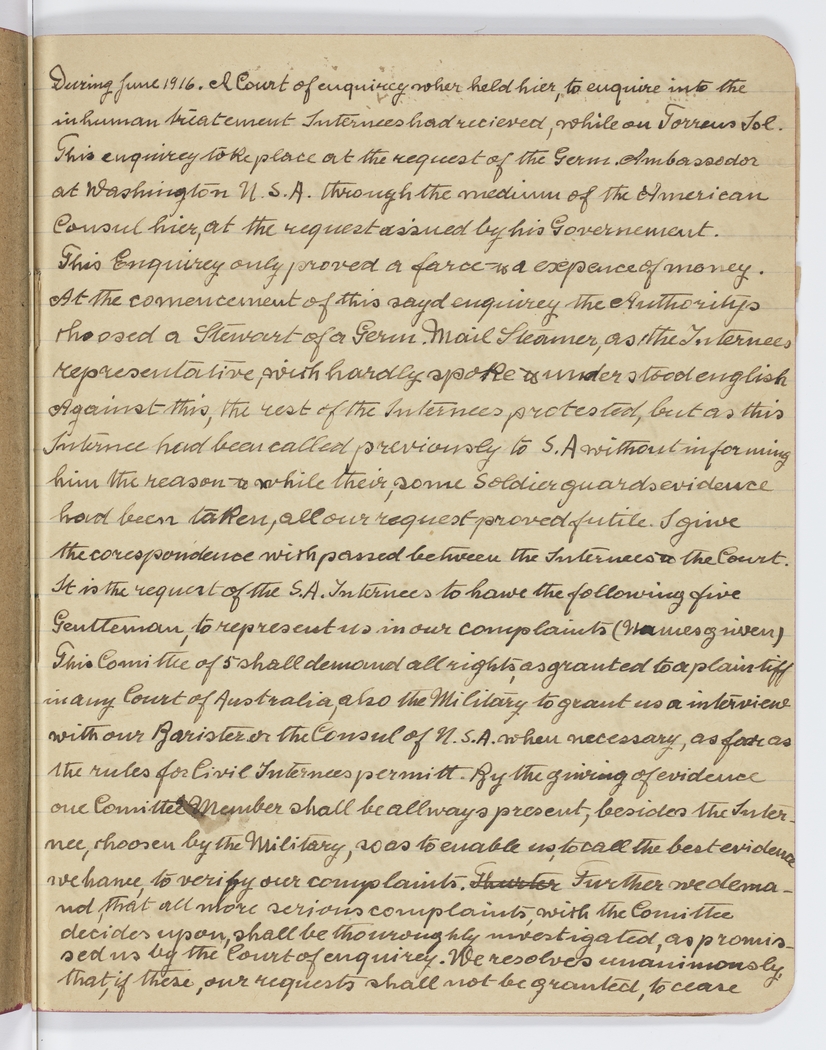
Digital ID:
Having been in Australia since 1901, Bungardy’s English skills were good enough that he could (and did) write his numerous diaries in English. As well as generally documenting his day to day experiences in the camps, Bungardy wrote frequent letters protesting his internment, especially the treatment he received at Torrens Island.
…During June 1916 the Court of enquiry order held hier to enquire into the inhuman treatement Internees had recieved, while on Torrens Isl…
…The Complaints we demand to be investigated are the following. No 1. The treatement of Internees in general. II Cooking Utensils being inadequate, no axes or Kitchens providet. lll shortage of provissiones. Food being unwholesome & bad. lV. Why Internees have been compelled to pay postage & freight on letters, parcels, luggage, bedding extra, contrary to the International law of the Hague Convention. V. The neglect of the authoritys to inform Internees of the arival of luggage, & through with neglience, some have been lost. Vl Kitchens & material. Vll The handcuffing of a yung Internee (M?ller) to a telegraph pole, also into the inhuman treatement of 2 lunatics named Bergmann & Reshtenwald, while under arrest. Vlll Treatement of Internees in general while under arrest. lX The shooting of Internee Ratch. X Treatement of Internees in regards of conviniances. The sentencing of Internees to Jail, without a fair trial, as per magna charta. ‘British justice & fair play warrants, also in wich state the internees wher compelled to travel to the jail. Xll bayoneting on the way to & from latrines. Xlll The unsanitary housing accommodation…(Frank Bungardy, MLMSS 261/Box 2/Item 10, page 1)
At the conclusion of the war, Bungardy was sent back to Germany without his wife and children, who could not speak German. Bungardy wrote numerous protestations against his deportation, as he would have preferred to stay in Australia with his family.
It would be immaterial to me, if the authorities deported me or not, if my wife and family wher able to speak any other language, but English, as I must work for my living hard wherever I go. But as no doubt, the public feeling in Germany against the English race is something similar, about hier towards the German, I think it will only mean trouble, if I take my family across water. As I am a man I am better able to bear all consequence in that respect, than a defenceless woman… (Frank Bungardy, MLMSS 261/Box 2/Item 13, np)
In 1923, Bungardy died in a boxing match in Kiel Germany, aged 40.
As more of the diaries from the collection are translated, differing perspectives on life as an internee in Australia during WWI are brought to the surface. These diaries are a primary account of internees from a variety of backgrounds and serve as a window into wartime experiences that would otherwise remain unknown.
Photographs taken during internment on Torrens Island Camp, ca. 1914-1915,
{"type":"image","clickUrl":"https:\/\/prod.corp.slnsw.skpr.live\/collection-items\/photographs-taken-during-internment-torrens-island-camp-ca-1914-1915","thumbnail":"https:\/\/prod.corp.slnsw.skpr.live\/sites\/default\/files\/styles\/thumbnail\/public\/a2924149h.jpg?itok=5JfiIP9o","thumbnailLarge":"https:\/\/prod.corp.slnsw.skpr.live\/sites\/default\/files\/styles\/large\/public\/a2924149h.jpg?itok=qR1IHDzo","mediaDerivativeUrls":{"thumbnail":"https:\/\/prod.corp.slnsw.skpr.live\/sites\/default\/files\/styles\/thumbnail\/public\/a2924149h.jpg?itok=5JfiIP9o","large":"https:\/\/prod.corp.slnsw.skpr.live\/sites\/default\/files\/styles\/large\/public\/a2924149h.jpg?itok=qR1IHDzo","responsive__quarter_hd":"https:\/\/prod.corp.slnsw.skpr.live\/sites\/default\/files\/styles\/responsive__quarter_hd\/public\/a2924149h.jpg?itok=PRFCfLop","responsive__half_hd":"https:\/\/prod.corp.slnsw.skpr.live\/sites\/default\/files\/styles\/responsive__half_hd\/public\/a2924149h.jpg?itok=HIEYoDGS","responsive__full_hd":"https:\/\/prod.corp.slnsw.skpr.live\/sites\/default\/files\/styles\/responsive__full_hd\/public\/a2924149h.jpg?itok=Pu_WtAZW"},"mediaUrl":"https:\/\/prod.corp.slnsw.skpr.live\/sites\/default\/files\/a2924149h.jpg","mediaMime":"image\/jpeg","transcriptUrl":null,"width":1400,"height":900}
View collection item detail 


